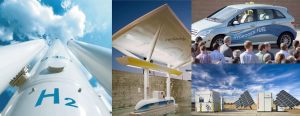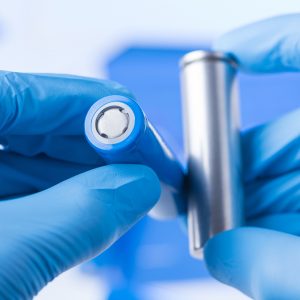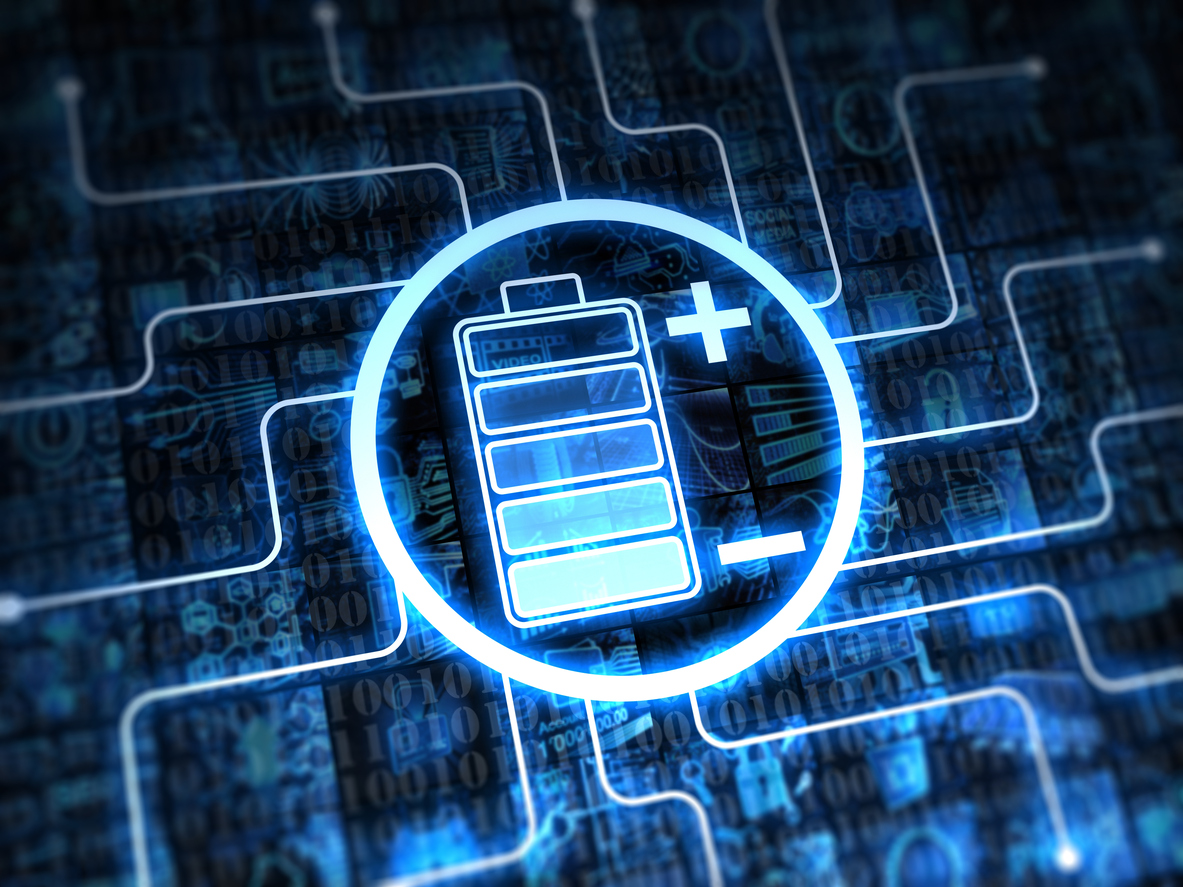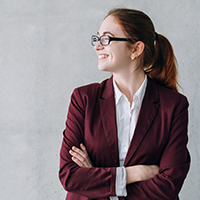
Image courtesy of U.S. Department of Energy, Energy Efficiency and Renewable Energy Office’s Hydrogen and Fuel Cell Program.
All aspects of PEMFC and PEMWE durability are considered: (more…)

Image courtesy of U.S. Department of Energy, Energy Efficiency and Renewable Energy Office’s Hydrogen and Fuel Cell Program.
All aspects of PEMFC and PEMWE durability are considered: (more…)
The collaboration between The Electrochemical Society (ECS) and Society of Vacuum Coaters (SVC) has been set in motion! The goal? Rolling out joint programming during each organization’s 2026 meetings! While planning is already underway, what better way to get acquainted than to share a few moments with ECS’ Executive Director and CEO, Christopher J. Jannuzzi, and SVC’s Executive Director, Frank Zimone. (more…)
 Reports to: Director of Meetings
Reports to: Director of Meetings
Classification: Full-Time Exempt
Assists with the development, organization, and planning of the technical program content for ECS meetings (biannual, satellite, and other sponsored events) and with overall logistics of the meetings (hotel, food and beverage, staff travel, marketing, etc.). Provides a high level of customer service and technical support to division leadership, symposium organizers, meeting presenters, and meeting attendees. (more…)
We are pleased to announce the candidates for ECS Society Officers positions in the upcoming election.
The early months of each year are an exciting time at ECS, when the officers’ election takes place from January through March. Elected officers constitute the organization’s executive committee and include the following positions: president, three vice presidents, secretary, and treasurer.
This year, we vote for the new President, 3rd Vice President, and Secretary. Voting begins January 15. We encourage all ECS members to exercise their right to vote. Read the candidates’ bios and candidacy statements below, followed by voting instructions.
 Register for Dr. Yiyang Li’s January 25 seminar
Register for Dr. Yiyang Li’s January 25 seminarJoin the ECS Detroit Section for Dr. Yiyang Li’s presentation, “Understanding Li-ion Batteries By (Dis) Charging One Particle at a Time,” on January 25, 2024.
Register NowThe ECS Georgia Section recognized the 2023 ECS Georgia Section Outstanding Student Achievement Award winners, Habin Park of Georgia Institute of Technology, and Fengyi Zhao of Emory University, at their fall section meeting on October 26, 2023, at the Georgia Institute of Technology. At the meeting, Habin Park delivered his award lecture, “Sustainable Green Hydrogen Production via Innovative Engineering in Anion-Exchange Membrane Alkaline Water Electrolysis.” Fengyi Zhao’s talk was titled “Direct operando observation of surface charge build-up on TiO2 photoanode under water oxidation conditions by Electric Field induced Second Harmonic Generation.” Congratulations, Habin and Fengyi! (more…)
 You are invited to participate in “Solid State Batteries,” a free webinar cohosted by the Materials Research Society (MRS) and The Electrochemical Society. The webinar is presented in conjunction with the December 2023 issue of MRS Bulletin.
You are invited to participate in “Solid State Batteries,” a free webinar cohosted by the Materials Research Society (MRS) and The Electrochemical Society. The webinar is presented in conjunction with the December 2023 issue of MRS Bulletin.
Date: January 17, 2024
Time: 1200–1330h ET (more…)

Navigating through an intensely competitive job market is intimidating; you need to set yourself apart from thousands of other job seekers. The Electrochemical Society Career Center is an online career destination that offers a suite of essential career resources to help you stand out from the competition.
Research the industry, get networking tips, and brush up on your interview skills. Set up Job Alerts to be the first to know when a job matching your criteria is posted. Not sure if your resume or CV makes the cut? Request a review from the experts, to help list your strengths and weaknesses.
Get started today!We are pleased to announce the winners of 244th ECS Meeting symposia-funded best-presentation awards!
Thanks to our individual symposium sponsors’ generous funding, best poster and presentation awards are presented at every meeting. Please take a moment to celebrate the excellent work of the following authors! (more…)
The 2023 winner of the ECS Sensor Division Student Research Award is Yaoli Zhao of the University of Buffalo for her contributions to developing a new method for standoff and point detection of chemicals by combining photothermal and photoacoustic effects with microfabricated cantilever beams to simultaneously achieve very high molecular selectivity and very high sensitivity. She will be recognized at the 245th ECS Meeting in San Francisco, CA, and deliver her award talk there.
Yaoli Zhao is a PhD student working in Thomas Thundat’s University at Buffalo lab, specializing in the field of chemical detection. Her current research focuses on developing innovative standoff detection sensors, specifically for plastic classification. Zhao successfully developed techniques and demonstrated methods for molecular identification of plastics, which resulted in the publication of multiple research papers in refereed journals including one as a corresponding author in the Journal of The Electrochemical Society. (more…)